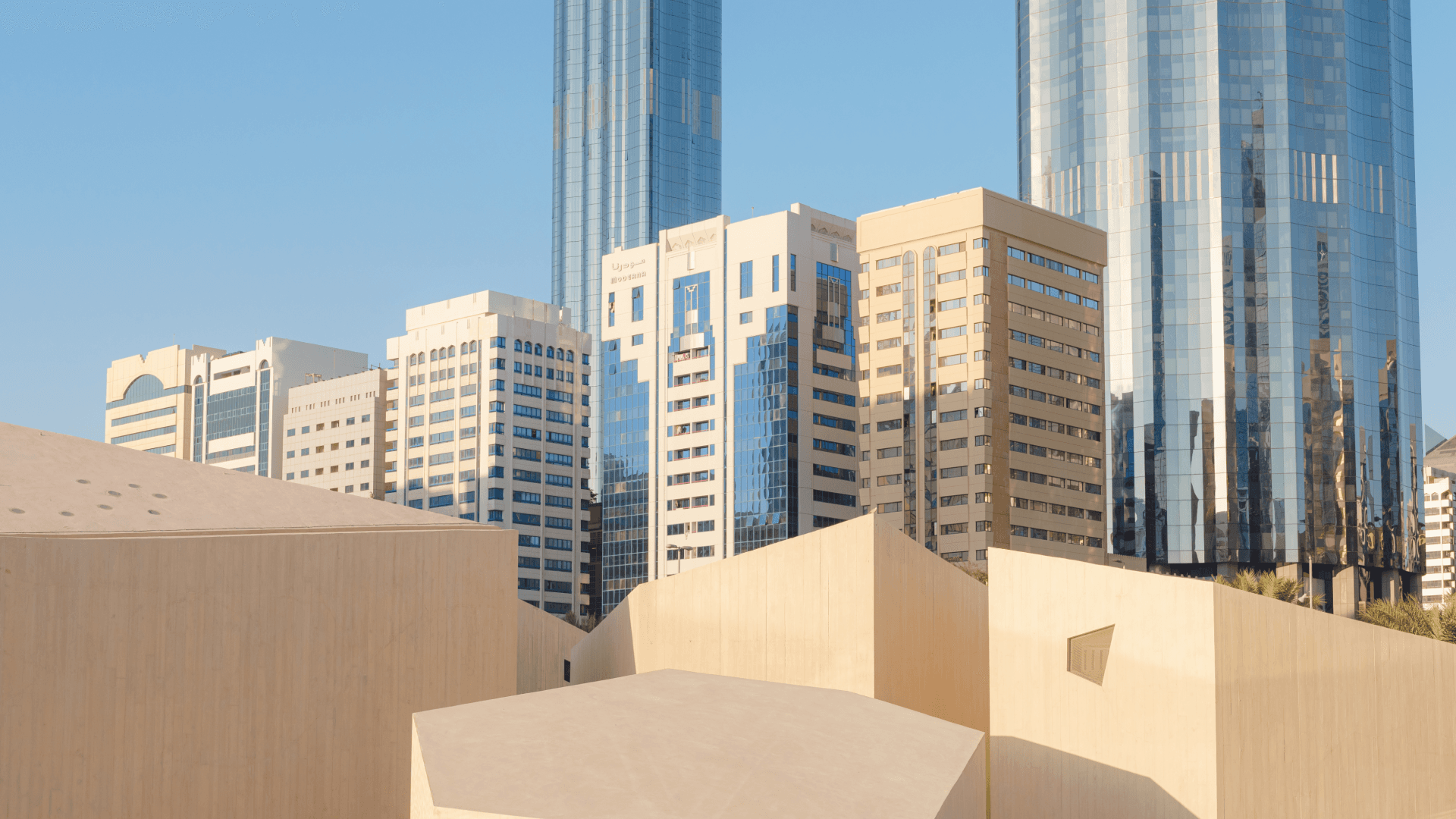The Role of PIF in Renewable Energy and Sustainability: Shaping a Greener Future
Renewable energy and sustainability have become central pillars in the global agenda for combating climate change and fostering economic growth. Saudi Arabia’s Public Investment Fund (PIF) plays a crucial role in advancing these goals, aligning with Vision 2030 to diversify the Kingdom’s energy mix and reduce its reliance on fossil fuels. Through strategic investments, innovative projects, and global partnerships, PIF is driving the Kingdom’s transformation into a leader in renewable energy and sustainability.

Key Renewable Energy Projects by PIF
1. ACWA Power
ACWA Power is a cornerstone of PIF’s renewable energy strategy. As a leading developer of power and desalination plants, it spearheads some of the most ambitious solar and wind projects worldwide. Highlights include:
- Sakaka Solar Plant: The Kingdom’s first utility-scale renewable energy project, producing 300 MW of clean energy.
- Dumat Al Jandal Wind Farm: One of the largest wind farms in the region, generating over 400 MW of energy.
- ACWA Power’s role extends globally, with investments in renewable energy projects across Asia, Africa, and the Middle East.
2. NEOM’s Green Hydrogen Plant
PIF, in collaboration with global partners, is building one of the largest green hydrogen plants in NEOM. This project aims to:
- Produce 650 tons of green hydrogen daily.
- Reduce CO2 emissions by over 3 million tons annually.
- Position Saudi Arabia as a global leader in clean hydrogen technology.
3. Red Sea Global
Red Sea Global exemplifies PIF’s commitment to sustainable tourism powered by renewable energy. This luxury tourism destination operates entirely on renewable energy, integrating solar power, battery storage, and energy-efficient systems to achieve zero carbon emissions.
4. Saudi Green Initiative
Under PIF’s leadership, the Saudi Green Initiative accelerates afforestation and carbon reduction efforts, contributing to:
- Planting 10 billion trees across Saudi Arabia.
- Increasing the share of renewable energy in the Kingdom’s energy mix to 50% by 2030.
5. Ceer and Lucid Motors
PIF’s investment in the electric vehicle (EV) sector is highlighted by its partnerships with Ceer and Lucid Motors:
- Ceer: The first Saudi automotive brand focused on designing and manufacturing electric vehicles in the Kingdom. Ceer aims to localize EV manufacturing, creating jobs and contributing to the national economy while advancing sustainable mobility.
- Lucid Motors: PIF’s strategic stake in this California-based EV manufacturer has facilitated the establishment of a manufacturing plant in Saudi Arabia. This plant not only supports local production but also aligns with global trends in sustainable transport.
6. Electric Vehicle Infrastructure Company (EVIQ)
In partnership with the Saudi Electricity Company, PIF has established EVIQ, a dedicated company to develop and manage EV charging infrastructure across the Kingdom. This initiative aims to:
- Build and operate a network of over 5,000 EV chargers by 2030 in more than 1,000 locations.
- Support the adoption of electric vehicles by ensuring accessibility and convenience for users.
- Promote the Kingdom’s shift towards a sustainable transportation ecosystem and reduce reliance on fossil fuels.
Strategic Objectives of PIF in Renewable Energy
- Diversifying the Energy Mix
- Reducing dependency on oil by investing heavily in renewable energy projects such as solar, wind, and hydrogen.
- Advancing Technological Innovation
- Promoting research and development in clean energy technologies, including energy storage and smart grids.
- Enhancing Global Leadership
- Positioning Saudi Arabia as a hub for renewable energy expertise and innovation, attracting international partnerships and investments.
Economic and Environmental Impact
- Job Creation
- Renewable energy projects under PIF are expected to generate thousands of direct and indirect jobs, particularly in high-tech and engineering fields.
- Reducing Carbon Emissions
- Projects like NEOM’s Green Hydrogen Plant and the Sakaka Solar Plant contribute significantly to reducing greenhouse gas emissions, aligning with global sustainability goals.
- Boosting Economic Diversification
- By investing in renewable energy, PIF supports the development of new industries, fostering economic resilience and sustainability.
Global Collaborations and Partnerships
PIF’s approach to renewable energy is rooted in strong international partnerships:
- Collaborations with global leaders such as Air Products and ACWA Power for NEOM’s hydrogen plant.
- Strategic investments in emerging markets to export renewable energy expertise and technology.
- Active participation in global forums on sustainability and clean energy.
Future Opportunities
- Electric Mobility and Storage Solutions
- Expanding investments in electric vehicle manufacturing and energy storage technologies to support the transition to sustainable transport.
- Solar and Wind Expansion
- Scaling up solar and wind farms to meet the growing demand for renewable energy domestically and globally.
- Energy Export Opportunities
- Positioning Saudi Arabia as a major exporter of green hydrogen and clean energy to global markets.
Conclusion
The Public Investment Fund (PIF) is at the forefront of Saudi Arabia’s transition to renewable energy and sustainability. Through transformative projects, innovative technologies, and strategic partnerships, PIF is not only reshaping the Kingdom’s energy landscape but also contributing to global efforts to combat climate change. As PIF continues to expand its portfolio, it solidifies Saudi Arabia’s role as a leader in building a greener, more sustainable future for generations to come.

